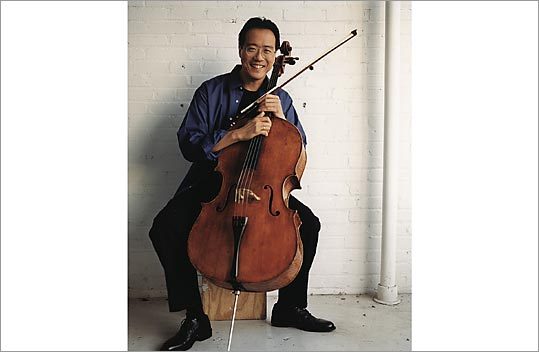On an Overgrown Path, a beautifully-writen blog new to me, has a great story about Pablo Casals, and doesn't shy away from mentioning the views of Casals's detractors. It's mostly cellists who read my blog, so I don't need to highlight all that made Casals such a great cellist and cello revolutionary (for his time). I did find this Stravinsky quote so wonderfully bitchy that I''ll post it here:
His sometimes reactionary views left Casals an easy target, and after watching a television programme programme about him, Stravinsky remarked: "That was an interesting programme. In one scene the cellist and a sort of Hungarian composer, Zoltán Kodály, are seen together with their great-granddaughters, at least that's what one supposes until one learns tat they are their wives. And what were the two racy octogenarians talking about? Well, they were saying that the trouble with me is that I must always be doing the latest thing. But who are they to talk, when they have been doing the same old thing for at least eighty years! Señor Casals also offered us an interesting insight into his philosophy - for example playing Bach in the style of Brahms."
It's a subject for another post, and will be part of my improvisation book whenever I get it done, but that last sentence speaks to what I think was a really damaging idea, or nexis of ideas. forcefully promoted by Stravinsky and picked up by others. Implicit in the remark is the notion that there is (correct) Brahms style, that one can know it, and that there is also a correct Bach style, and one can know it, too, and that all works should be played exactly as the composer wrote them and in their style.
Casals made music in his ow voice, in his own style, and did so with the greatest of love and respect for the composers and music he loved. The 20th-century modernist movement, of which Stravinsky was such an important part, was obsessed with the fantasy that musical works, including pieces written before 1900, could somehow stand on their own, were in essence fixed and permanent, and that the personality and voice of performers should, in effect, be obliterated or at least avoided.
This caused much frustration, since a piece is inevitably reborn and to some degree or another transformed with each performance. When you write a piece for other people to play, you write a piece for other people to play. They are going to play it like themselves. More later.















